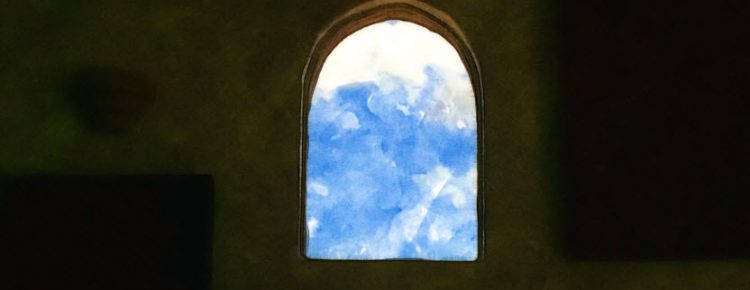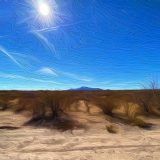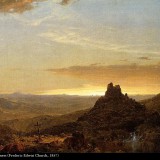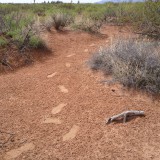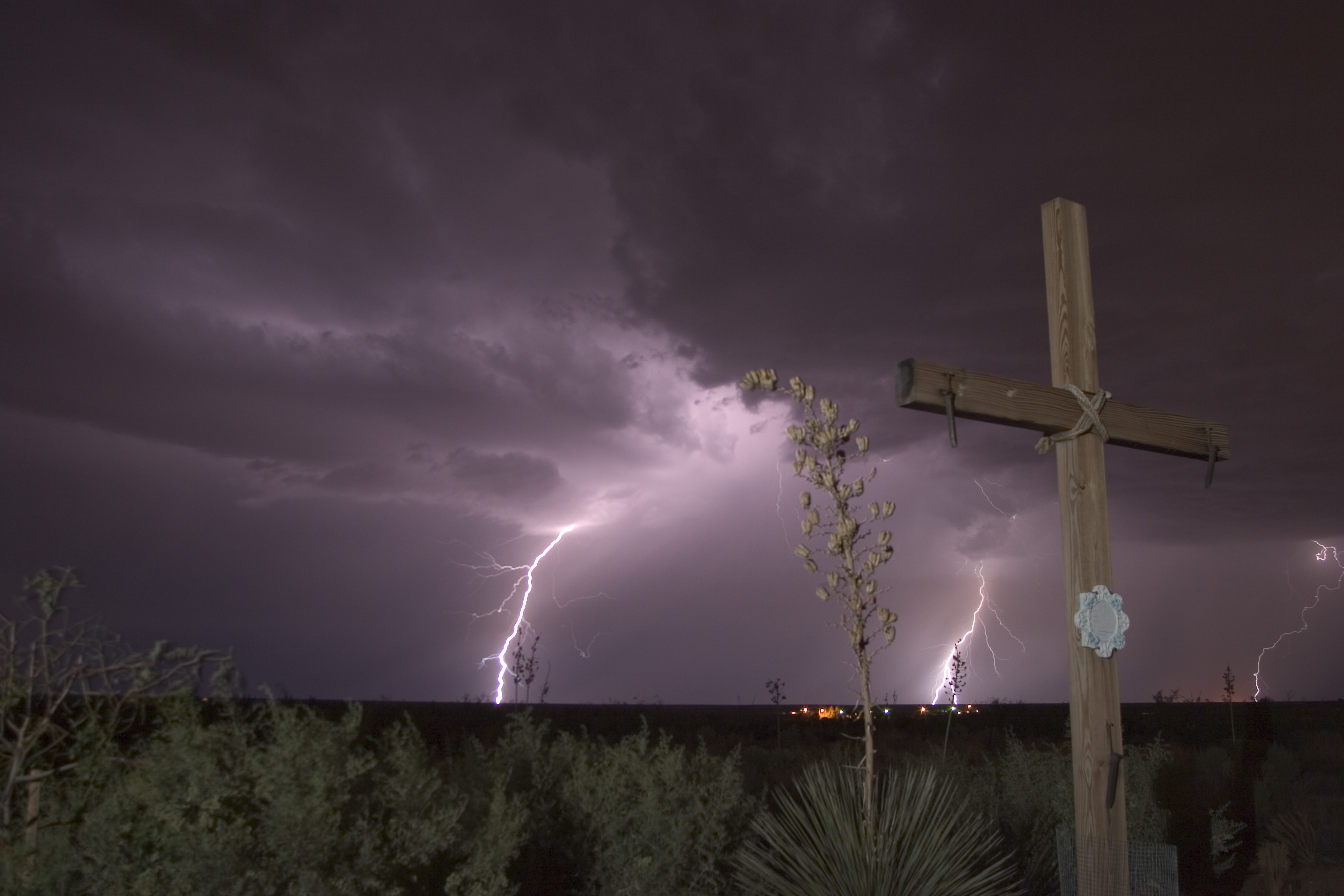Lent 2025: 2nd Week
Gospel Reading: Luke 9:28–36
28Now about eight days after these sayings Jesus took with him Peter and John and James, and went up on the mountain to pray. 29And while he was praying, the appearance of his face changed, and his clothes became dazzling white. 30Suddenly they saw two men, Moses and Elijah, talking to him. 31They appeared in glory and were speaking of his departure, which he was about to accomplish at Jerusalem. 32Now Peter and his companions were weighed down with sleep; but since they had stayed awake, they saw his glory and the two men who stood with him. 33Just as they were leaving him, Peter said to Jesus, “Master, it is good for us to be here; let us make three dwellings, one for you, one for Moses, and one for Elijah”—not knowing what he said. 34While he was saying this, a cloud came and overshadowed them; and they were terrified as they entered the cloud. 35Then from the cloud came a voice that said, “This is my Son, my Chosen; listen to him!” 36When the voice had spoken, Jesus was found alone. And they kept silent and in those days told no one any of the things they had seen.
_________________
Reflection:
Luminous Windows
by David Morrison
The account of Jesus’s transfiguration has always been considered to be of supreme significance to the contemplative tradition. It invites us to “listen,” (as in prayer) to the “beloved son.” It scorns the building of religious structures as Peter is interrupted in his offer to put up a monument. It features the paradox of God’s essence as a “luminous cloud that overshadows” (as in the “cloud of unknowing”). Even though it’s an extraordinary and remarkable event, the disciples are told to keep it hidden for a time. All of these are very important concepts in the contemplative dimension of Christian faith. One of the detriments of modern Christianity is to create a false division between “regular believers” and “mystics.” The reality is that everyone is given access to the presence of God through grace. Thomas Keating says that “everybody is invited to experience the transfiguration. Its grace is the radiance of Christ’s hidden presence in us.”
As I meditate on the passage, I hear two questions being asked. The first question is: Do we dare allow Jesus to “lead us up to a high mountain by ourselves?” That is, are we willing to detach ourselves from our paradigms, mindsets, experiences, and expectations in order for the presence of God to simply be the presence of God in us? So often we desire clarity and certitude in the direction of our lives, but in the grace of transfiguration, we’re offered a “bright cloud that overshadows.” That is, we’re invited to experience life in the present moment of its wildness and flowing creativity. We surely don’t have to seek a spiritual experience for the sake of collecting experiences. However, this doesn’t mean that we prevent ourselves (out of fear) from experiencing the love and presence of God as we pray and live our lives.
The second question is: Do we dare follow Jesus “down from the mountain?” That is, are we willing to detach ourselves from spiritual experiences? It’s one thing to have an ecstatic experience, but quite another to see the world ecstatically. It’s very tempting to build an identity from spiritual ecstasies and visions, but they become dead weight if we don’t leave them on the mountain. Thomas Keating continues, “We must not let the false-self try to hang on to this exuberant gift unduly. Having appreciated and enjoyed it, we must allow the prophets to go back to where they came from, Jesus to come down from the mountain, and ourselves to return to the humdrum events of everyday life and to our accustomed state of prayer, which by any standard is usually a mess.” All spiritual consolation only serves us as we commit to the very ordinary: “no one else, but Jesus himself alone.”
And so when the window of the soul becomes illumined with God’s presence, it’s good to bask in it as we would in our own homes as the morning sun streams through the windows. It’s good to sit in silence for a bit, and then to “rise, and not be afraid” of whatever befalls us the rest of the day: whether the events turn out to be terrible, spectacular, or mundane. Then, if we experience the miraculous, we won’t attempt to possess it and exploit it: we’ll simply return to that window in the heart and rest in the calm of simplicity. If our day turns tragic, the hope of morning light returning to the window comforts us. If we find our days to be dulled by routines, we can take this as an invitation to return to the soul’s window and let it teach us to once again see beauty and goodness within and around the most ordinary and commonplace things in our world.
________________
Prayer:
Free Us from Original Darkness
(from Liturgy of the Hours)
Let us pray [in this season of Lent for the gift of integrity]: Father of light, In you is found no shadow of change but only the fullness of life and limitless truth. Open our hearts to the voice of your Word and free us from the original darkness that shadows our vision. Restore our sight that we may look upon your Son who calls us to repentance and a change of heart, for he lives and reigns with you for ever and ever. Amen.
__________________
Original Light
by David Morrison
O Lord, no one can see your face and live,
but none of us can live unless we see your face.
Let me see your face and die;
and it will no longer be I who live,
but Christ Jesus who lives in me.
Purify my heart that I may see you on this side of eternity.
Let me gaze into the eyes of the transfigured Son,
and let His eyes of flame pierce my inward being;
and let all that is in the Son of God’s heart
enter into my eyes and into my soul.
In the Name of our Father, Creator of Light
In the Name of the Son, Light from Light
In the Name of the Holy Spirit, Light within us.
Amen.
_______________
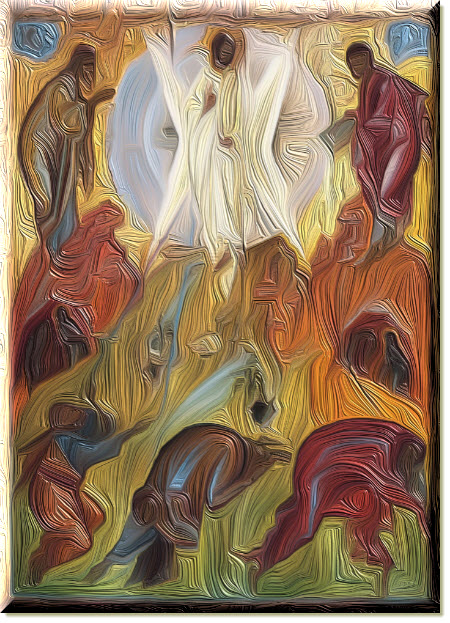
Icon of the Transfiguration (15th c) (filtered photo, DM)
*Banner Image: Chapel Window at Desert Rain (Filtered photo, David Morrison, 2021)

